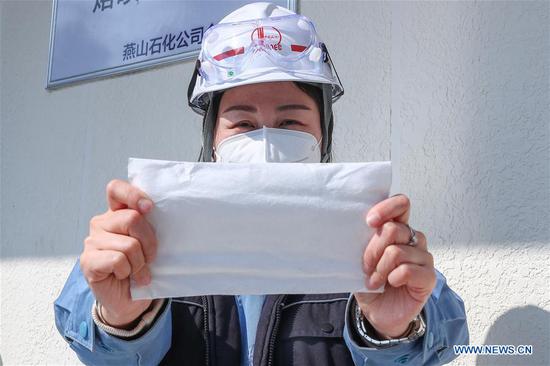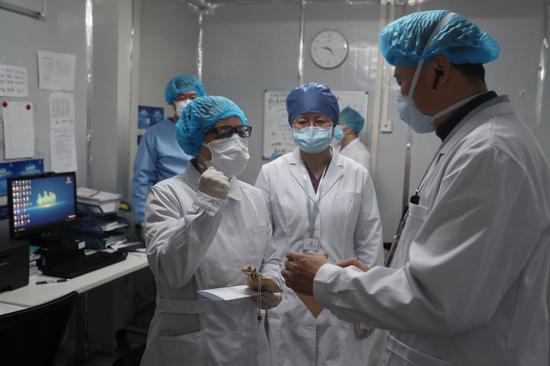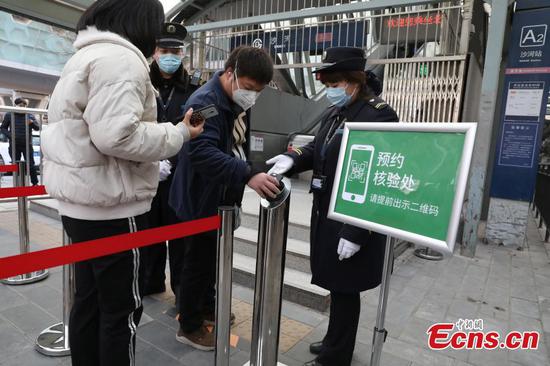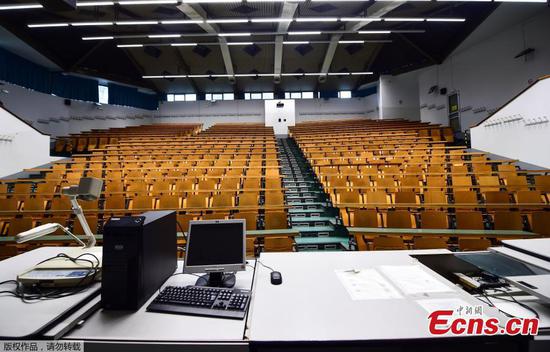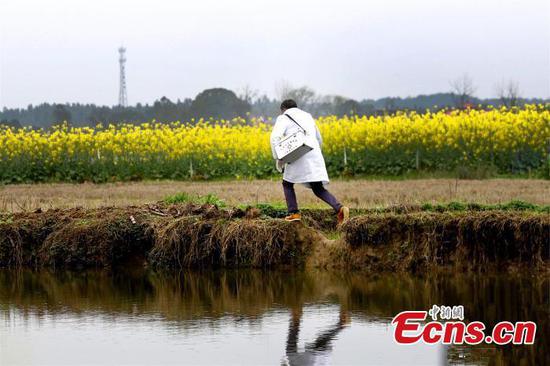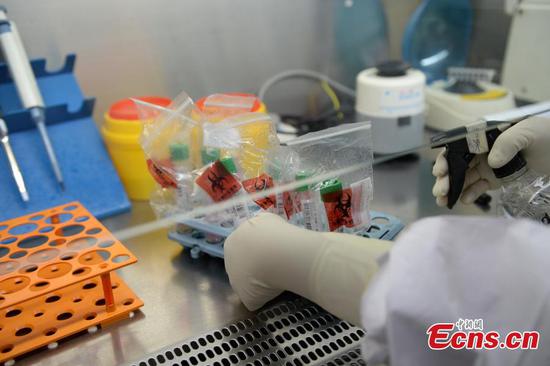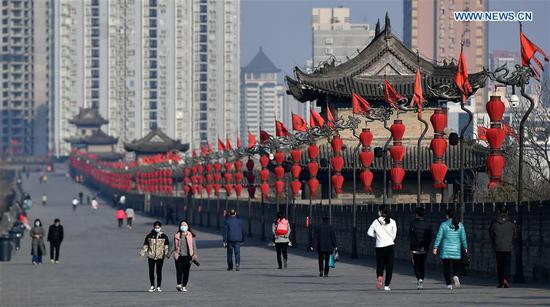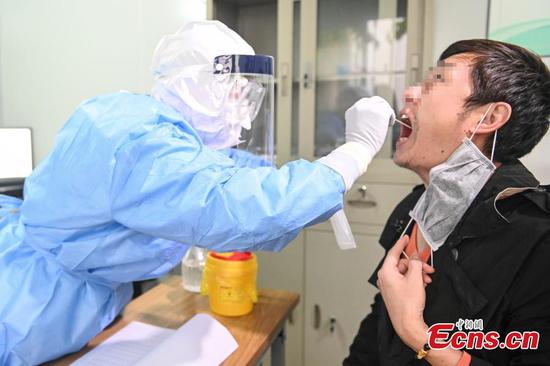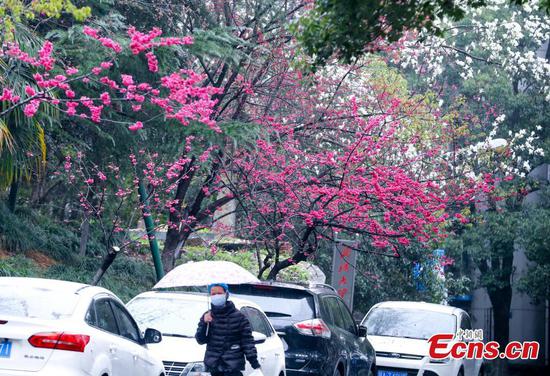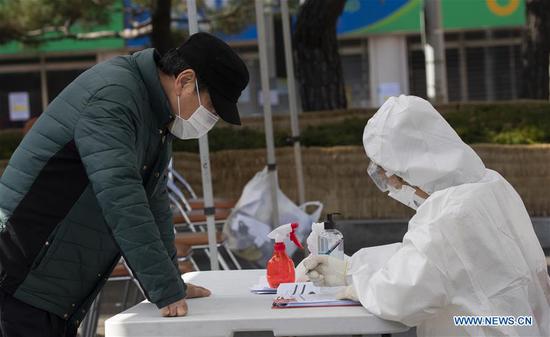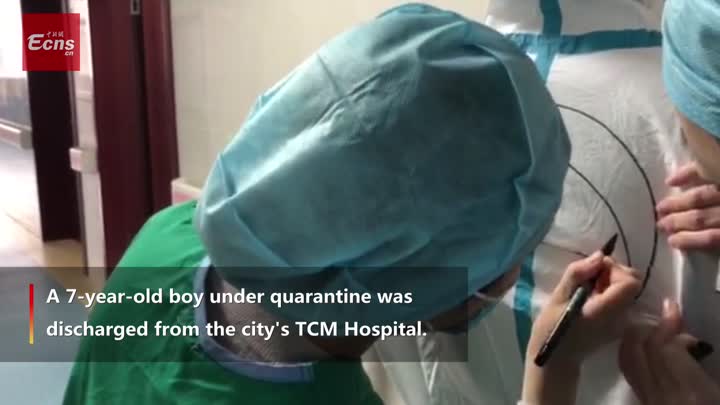PAYMENT EXEMPTION FOR ENTERPRISES
In the epidemic center of Hubei Province, enterprises are trying every means to resume production and provide more jobs.
Kanghong Cereals, Oils and Foodstuffs Co., Ltd. in the lockdown city of Huanggang has promised an extra daily subsidy of 100 yuan for every contract worker during the epidemic. Now 80 percent of its contract workers have returned to work and another 32 temporary workers have been recruited.
Yu Xibing, a business manager of the company, said despite a 60-percent rise in operation costs, the company will take on greater social responsibility and provide more job opportunities.
Large companies can withstand the impact of the epidemic over a long period, while small and medium-sized firms are more vulnerable.
According to a survey of over 6,000 small and medium-sized enterprises (SMEs) conducted by the China Association of Small and Medium Enterprises, nearly 70 percent of the respondents said their operating incomes decreased amid the epidemic, and nearly 90 percent said their funds for business operations could hardly last over three months if the contagion continues.
The Chinese government has rolled out a series of policies, including subsidies and cuts and exemptions of tax and social insurance payments, to help enterprises through the epidemic and lower the unemployment rate. A total of over 500 billion yuan in social insurance payments is expected to be cut and exempted.
Suzhou Tongjin Precision Industry Joint-stock Co., Ltd. has received about 34,000 yuan in subsidies for stabilizing the employment of over 80 workers. The subsidy can help sustain staff confidence and resume production more quickly, said Cheng Xianfeng, general manager of the company.
In a bid to stabilize employment, many companies also offer online vocational training programs and some authorities even offer subsidies for workers taking part in the online programs.









